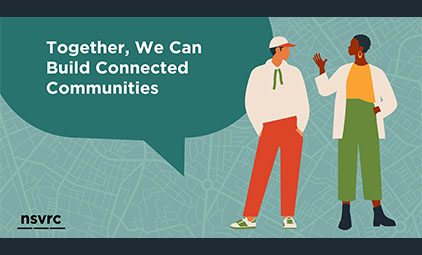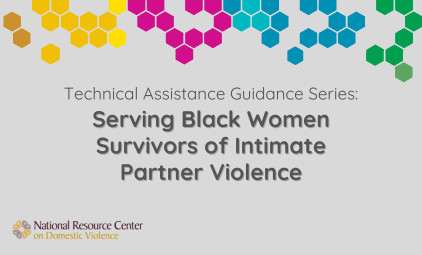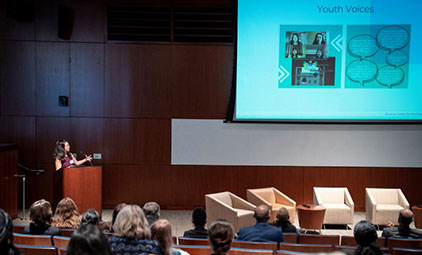A lack of access to natural resources, including minerals, water, and land, is often the underlying cause of many conflicts around the world. When managed properly however, as part of a peacebuilding strategy, these same resources can also be utilized, and their benefits shared to generate sustainable livelihoods that help guarantee peace and achieve sustainable human development. Women have the potential to play a critical role in this process, as they use and manage land and other natural resources, while meeting water, food and energy needs in households and communities. However, this use rarely translates into women being allowed to influence the distribution of natural resources or being given a decision-making role when the management of resources is discussed and peace is negotiated. This report analyzes the reasons behind this discrepancy, its implications for long-term peace and development and suggests some solutions. Part one of the report examines the relationship between women and natural resources in peacebuilding contexts, reviewing key issues across three main categories of resources, including land, renewable, and extractive resources. Part two of the report discusses entry points for peacebuilding practitioners to address risks and opportunities related to women and natural resource management, focusing on political participation, protection, and economic empowerment.Part two of the report discusses entry points for peacebuilding practitioners to address risks and opportunities related to women and natural resource management, focusing on political participation, protection, and economic empowerment. Part two of the report discusses entry points for peacebuilding practitioners to address risks and opportunities related to women and natural resource management, focusing on political participation, protection, and economic empowerment.
General Material
Published Date
November, 2013
Publisher(s)
Associated Links













